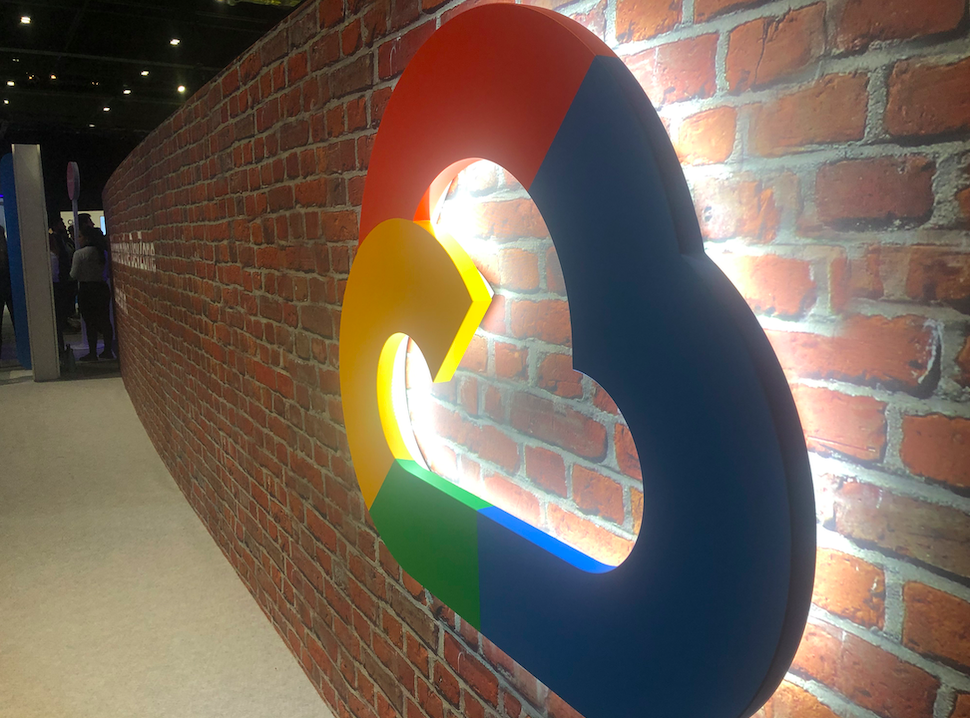

Google cloud
Alphabet’s Google Cloud has announced its first ARM-based VMs (virtual machine) utilising chips from US server chip firm Ampere Computing.
Google Cloud in a blog post revealed that some customers are looking for ARM architectured options to deliver excellent performance per watt efficiency.
“At Google Cloud, we’re also excited about using ARM chips for the next generation of scale-out, cloud-native workloads,” wrote product managers Subra Chandramouli and Jamie Kinney.
The two executives pointed out that in 2021 Google Cloud had added Tau VMs to Compute Engine.
“Today we are thrilled to announce the Preview release of our first VM family based on the Arm architecture, Tau T2A,” they wrote. “Powered by Ampere Altra ARM based processors, T2A VMs deliver exceptional single-threaded performance at a compelling price.”
Ampere Computing has been a key partner for Google Cloud and delivering this VM.
“Tau T2A VMs come in multiple predefined VM shapes, with up to 48 vCPUs per VM, and 4GB of memory per vCPU,” they wrote. “They offer up to 32 Gbps networking bandwidth and a wide range of network attached storage options, making Tau T2A VMs suitable for scale-out workloads including web servers, containerized microservices, data-logging processing, media transcoding, and Java applications.”
This means that Google Cloud customers and developers now have the option of choosing an ARM-based Google Cloud VM to test, develop and run their workloads on the optimal architecture for their workload.
Both AWS and Azure already offer ARM-based VMs.
“Ampere Altra Cloud Native Processors were designed from the ground up to meet the demands of modern cloud applications,” said Jeff Wittich, chief product officer at Ampere Computing.
“Our close collaboration with Google Cloud has resulted in the launch of the new price-performance optimized Tau T2A instances, which enable demanding scale-out applications to be deployed rapidly and efficiently.”
In addition to the ARM-based VMs being added as part of Google Cloud Compute Engine, Google now also supports them as part of its Google Kubernetes Engine.
“Starting today, GKE customers can run their containerized workloads using the ARM architecture on T2A,” wrote the two Google Cloud executives. “ARM nodes come packed with key GKE features, including the ability to run in GKE Autopilot mode for a hands-off experience.”
The ARM move by Google Cloud will be watched closely at Intel and Advanced Micro Devices (AMD), after ARM in 2018 began offering technology for chips used in data centres – traditional AMD and Intel strongholds.
In December 2020 it was reported that Microsoft was designing its own ARM-based processors for use in its Azure servers.
A year later Samsung also reportedly readied a low-power ARM-based server chip.
Now ARM’s technology is used in data centres around the world, including AWS, Azure, and Oracle, to name but a few.
Russian court finds Google liable for YouTube video allegedly disclosing personal data on Russian casualties…
Latest CATL sodium-ion batteries have energy density and range closer to lithium-ion units using cheap…
Amazon's AWS cloud unit pauses some leasing talks around new data centres, analysts say, in…
US trade regulator says Uber signed users up for Uber One plan without their knowledge,…
Appeals court ruling reopens case that had been dismissed, finding Shopify must face trial under…
US Justice Department lawyers argue Google must face wide-ranging remedies including selling off Chrome, with…